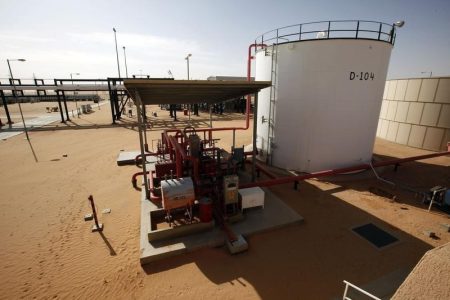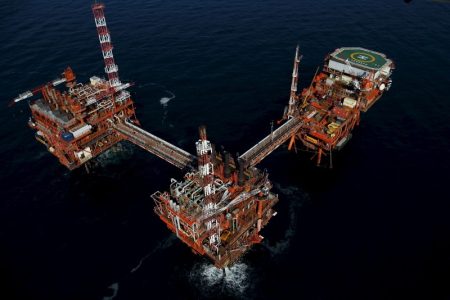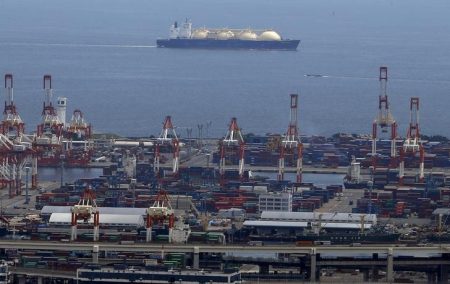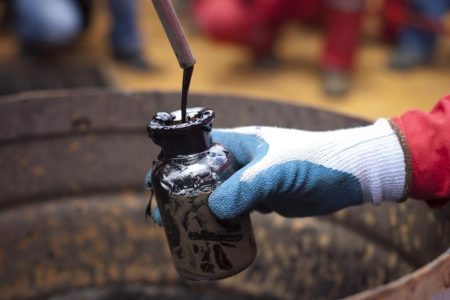By Maytaal Angel and Marcelo Teixeira
LONDON/NEW YORK (Reuters) – Attacks by Houthi militants in Yemen on ships in the Red Sea have led to soaring costs for European coffee roasters, though these are unlikely to be passed onto consumers soon, coffee traders and industry analysts said.
Container freight rates have jumped by some 150% on the Asia-Europe route and many bean deliveries to Europe from top robusta producers such as Vietnam and Indonesia have been delayed by up to three weeks as ships take a detour through the Cape of Good Hope.
The situation is leading roasters to seek substitute beans from places including Brazil and Uganda. Brokers say they have, as a result, seen a jump in regional prices there, which again means higher costs for roasters.
Still, traders and industry analysts said they did not expect roasters to pass these costs through to consumers in the near term because of intense price competition in supermarkets.
Many global firms are seeking alternatives to shipping through the Red Sea, which is linked to the Mediterranean by the Suez Canal, creating the shortest shipping route between Europe and Asia. About 12% of world shipping traffic transits the canal.
“We are seeing a drop in new orders (from Europe) as buyers are bearing the (higher) shipping cost. We are very concerned. Normally, coffee exports peak during this time of the year,” said an executive at one of Vietnam’s largest coffee exporters, speaking on condition of anonymity.
He said around 60% of his coffee heads to Europe every year.
Global container availability has yet to suffer the major impact witnessed at the height of the COVID-19 pandemic, traders said, but believed the risk remained.
A Europe-based trader downplayed the upside risk the Red Sea shipping disruptions pose to benchmark global robusta prices longer term.
“It supports (nearby) prices, but in the mid to longer run, it’s just hiccups, the coffee is actually there, it will arrive,” he said.
Read the full article here















